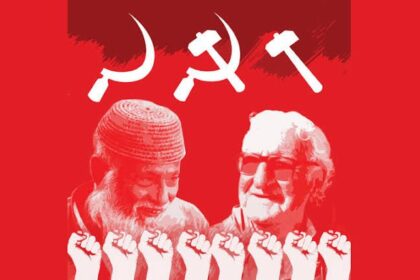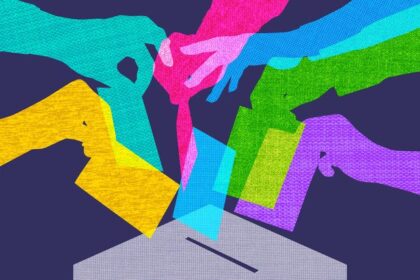When a sophomore from Karachi arrived at her college in Florida last fall, it felt like stepping into achievement — a promise finally fulfilled. But the reminder of the U.S. Supreme Court’s decision in Fair Admissions v. Harvard banning race-conscious admissions felt like that promise collapsing.
“Pehle lagta tha ke agar mehnat karo tou jagah mil jaati hai. Ab lagta hai jagah tou pehle se decide ki hui hai aur hum sirf show ke liye hain.” (“I used to think if you worked hard, you’d earn your spot. Now it feels like the spots were already decided and we’re just being used for the optics.”)
But in the aftermath, one question lingered: are international students even welcome anymore?
In June 2023, the Supreme Court struck down race-based affirmative action for college admissions. That meant schools like Harvard could no longer consider race as a factor in their application process. The Court ruled it violated the 14th Amendment and created unfair advantages.
So, “holistic review” — where your identity, background, and lived experience mattered — is being replaced with “race-neutral” methods. Now, colleges can no longer ask directly about your race, or consider the adversity you’ve faced because of it.
Another Pakistani student at a college in Florida shared: “I tried to connect with my identity through scholarships meant for ‘underrepresented students.’ Now I’m worried that even writing about growing up in Karachi won’t count for anything. Holistic admissions used to mean our background mattered. Now, does it?”
It’s not just Black, Latino, or Indigenous Americans questioning their place — even international students from marginalised backgrounds are wondering if they still belong. Will students from Pakistan and other countries stop applying to U.S. colleges altogether? Do our identities not matter anymore?
Imagine spending years studying for the SAT and IELTS, working towards perfect grades, collecting recommendation letters like battle scars, only to learn your story no longer matters. To dream of Harvard or Columbia, and be told you don’t “check the right boxes” — or any box at all.
“Main Harvard nahi, kahin aur jaaungi. Lekin jaaungi.” (“Maybe I won’t go to Harvard. But I will go. I didn’t leave everything behind to stop here.”) It is a quiet rebellion, and a loud heartbreak.
Groups like Coalition for a Diverse Harvard have publicly condemned the ruling, calling it a “gut punch.” Meanwhile, Reddit forums like r/ApplyingToCollege are regularly flooded with international students venting: “They don’t want international students anymore. It’s a waste of time.”
This doubt is growing louder: are international perspectives becoming irrelevant? Analysts say colleges are now leaning on “race-neutral” factors like legacy status, socioeconomic background, or geographic diversity. But many experts warn: these can’t fully replace race-conscious tools.
As one education researcher put it: “We’re entering a world where diversity on paper may still look colourful, but lived diversity — the stories, the perspectives — won’t be there anymore.”
Sara Malik, a student from Okara, is studying biomedical sciences in Florida. Her family sold five acres of farmland — land that grew wheat and fed them for generations — to send her abroad.
“Abbu ne zameen bech kar mujhe bheja. Har lecture yaad dilata hai ke mere liye kya chhoda gaya tha.” (“My father sold our land to send me here. Every class reminds me what they gave up for me.”) She never went on school trips, never celebrated birthdays properly. She was the first in her family to go abroad. Her dream was Harvard Medical School.
“Everyone keeps saying it’s about race in America. But yaar do they even realise how this hits us too? We don’t have legacies or donors backing us. Our stories don’t even tick the right boxes anymore.”
In a joint statement, several international student groups from Ivy League colleges described the ruling as: “A chilling reminder that diversity is still on trial in America.” “They don’t see us for who we are. Can they ever?” Harvard saw a 17% drop in Black applicants this year. Elite colleges are seeing fewer applicants from outside the U.S., including from the South Asian community. Visa policies are tightening. Scholarships may quietly disappear. Students are asking whether it’s worth it: the sacrifices and the pressure, for a system that seems increasingly closed.
“Yahan kuch nahi hai. Aur unhon ne apni zindagi ki kamai mere liye de di.” (“There’s nothing here. And they gave up a lifetime of earning just for me.”)
The world is advancing, but taking away someone’s ability to share their identity in pursuit of education is a brutal reminder of how unfair things still are.
If we’re no longer part of their picture of diversity, were we ever there at all?














